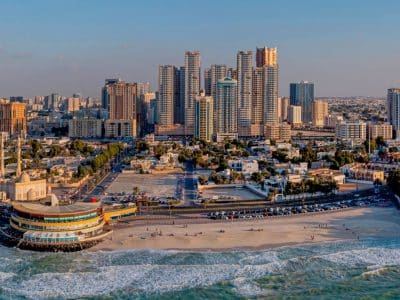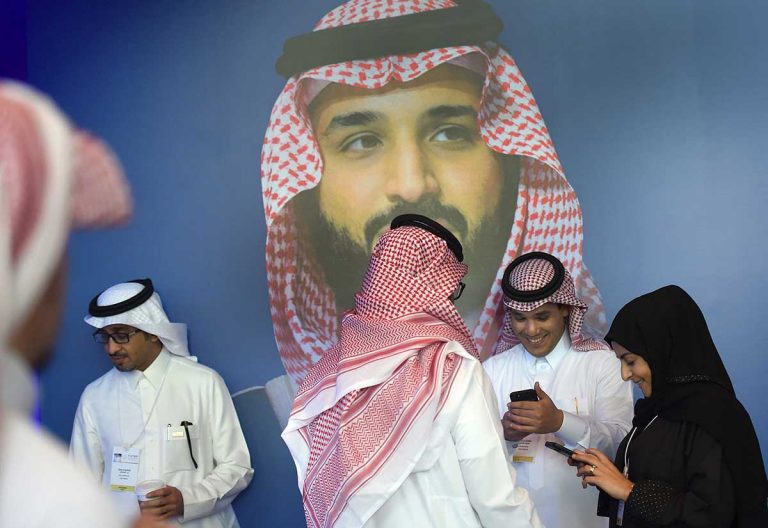Business conditions in the UAE and Saudi Arabia rose in January at a lower rate as Covid-19 cases increased, hindering demand.
Conditions in Egypt, however, deteriorated for a 14th consecutive month to the lowest reading since April 2021, according to a Purchasing Managers Index compiled by IHS Markit.
The index for the UAE fell to 54.1 in January from 55.6 at the end of last year, but remained above the 50 mark that separates growth from contraction.
Firms in the Gulf country’s non-oil sector faced the quickest increase in cost pressures in the past 10 months, limiting purchasing activity and job creation.
Part of the slowdown “was down to the omicron surge as rising cases led to increased uncertainty among consumers and businesses, as well as tapering the rebound in tourism,” said David Owen, economist at IHS Markit.
“Firms face additional challenges from stronger inflationary pressures, global supply chain problems and a possible dip in activity once the Expo ends,” he said, referring to the delayed world fair hosted by Dubai, which is part of the UAE.
In neighbouring Saudi Arabia, the PMI survey slipped to 53.2 in January from 53.9 in December.
In Egypt, the index fell to 47.9 from 49. That reading is below the series average of 48.2, indicating a solid decline in overall business conditions.
“Egypt’s non-oil economy had a disappointing start to the year, as weak demand conditions led to stronger declines in output and new business,” Owen said.
The outlook for future activity strengthened for the second straight month, however, and “firms remained largely confident that they would weather the current economic storm and see activity increase over the next 12 months,” he said.
Yet while optimism picked up, it remained lower than seen through much of 2021, he added.






